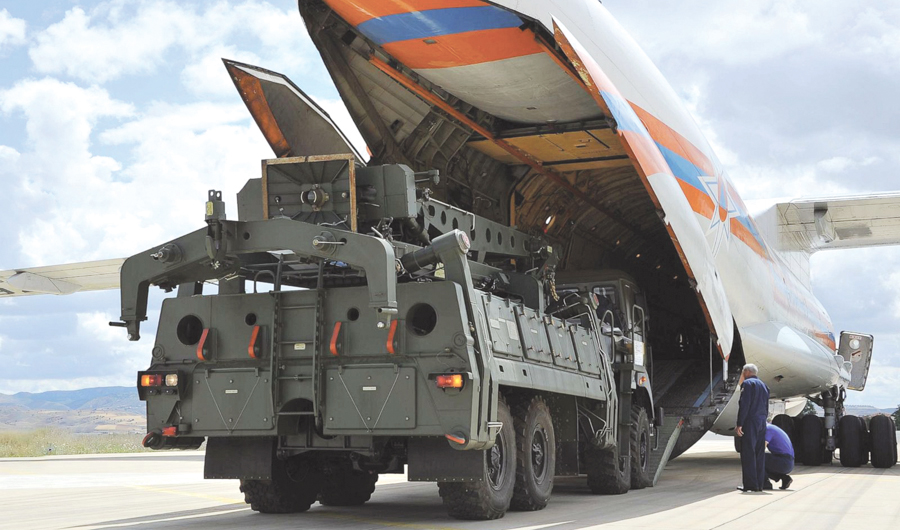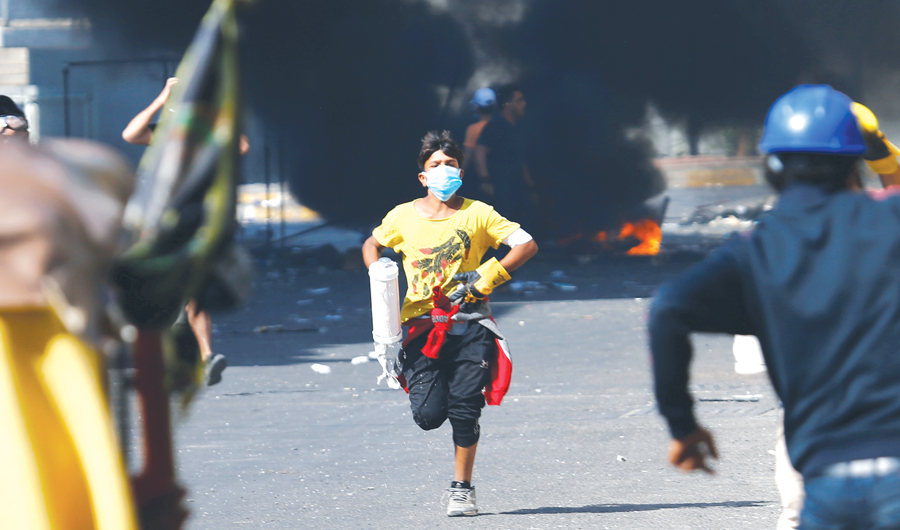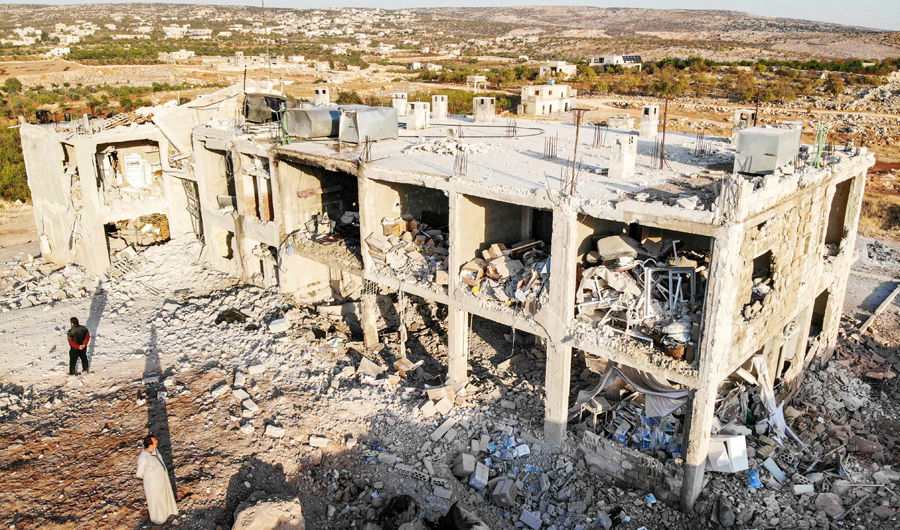Will Turkey abandon S-400? Trump meeting will give answer
ANKARA: During his meeting next week in Washington, Turkish President Recep Tayyip Erdogan announced that he will discuss Patriot systems, F-35s and the Russian air defense system S-400 with US President Donald Trump.
“The only thing that would make Erdogan’s visit to Washington worthwhile to either side would be a breakthrough on the S-400 and F35 question,” Ozgur Unluhisarcikli, Ankara office director of German Marshall Fund of the US, told Arab News.
“If Turkey could find a way to keep the S-400 nonoperational in return for being readmitted to the F35 program and acquiring Patriot batteries, this would be a big step toward improvement of US-Turkey relations and putting Ankara back on a Western track,” he also added.
Turkey’s Defense Industry Directorate recently announced that delivery of a second batch of S-400 systems to Turkey may be delayed beyond the planned timeline, which is 2020. The reason of the delay is believed to be about talks on technology sharing and joint production.
For Washington, the S-400 system, which is not compatible with the NATO defense system, brings a threat to its F-35 fighter jets. As Turkey started receiving its first batch of S-400s in July, Washington removed Ankara from the F-35 program, where Turkey was a significant manufacturer and buyer.
Russia offered to sell its SU-35 fighter jets to Turkey as an alternative to F-35s. Ankara is still evaluating the offer’s strategic and financial repercussions.
On the other hand, if there is no such deal on the table, Erdogan’s visit to Washington will have an unnecessary public relations cost for both leaders, Unluhisarcikli thinks.
Ali Cinar, a US-based foreign policy expert, thinks Turkey has a legitimate air defense need, however it has also been made clear by both the Pentagon and NATO officials that the Russian S-400 system is a direct security threat to the F-35 stealth fighter jets, which serve as the core air defense system for NATO.
“With Turkey purchasing the S-400 and the US imposing sanctions on Turkey for doing so, it is clear that policymakers on both sides downplayed the severity of the situation. Now, leaders of both nations must come back to the table and look for a way forward which would include Turkey taking part in the F-35 program, receiving an acceptable Patriot missile system offer and working to deactivate the S-400 system,” he told Arab News.
Cinar also noted that this is the expectation from the US side that Ankara keeps the S-400 but deactivates the system.
FASTFACT
For Washington, the S-400 system, which is not compatible with NATO defense system, brings a threat to its F-35 fighter jets.
“Even Republican Senator Lindsey Graham has indicated that this would be acceptable to Congress. Turkey is very clear to use S-400 from now on; however, it is open to purchasing Patriot missiles as well,” he said.
According to Cinar, the result of the meeting between the two presidents will depend on which side will give up or convince the other side.
But, Joe Macaron, a resident fellow at the Arab Center in Washington, thinks that Erdogan wants to acquire these Patriot missiles while keeping the S-400 deactivated, and is betting that Trump’s inclination to make lucrative deals will override the Pentagon’s veto.
“Ankara is offering both carrots and sticks to Washington, either a Patriot deal or deepening military ties with Moscow, which reflects how Erdogan has the upper hand in the relationship with Trump,” he told Arab News.
Therefore, Macaron added, if Erdogan pulls this through, it remains to be seen what preconditions the Pentagon will be able to force on this deal to make sure the S-400 is never operational.
“With US troops remaining in Syria for now based on a fragile US-Turkish cease-fire, an emboldened Erdogan has a bargaining card to use in his White House meeting next week,” he said.

Russia deploys S-400 missile defense systems in ArcticNew Delhi to receive S-400s in 18-19 months



